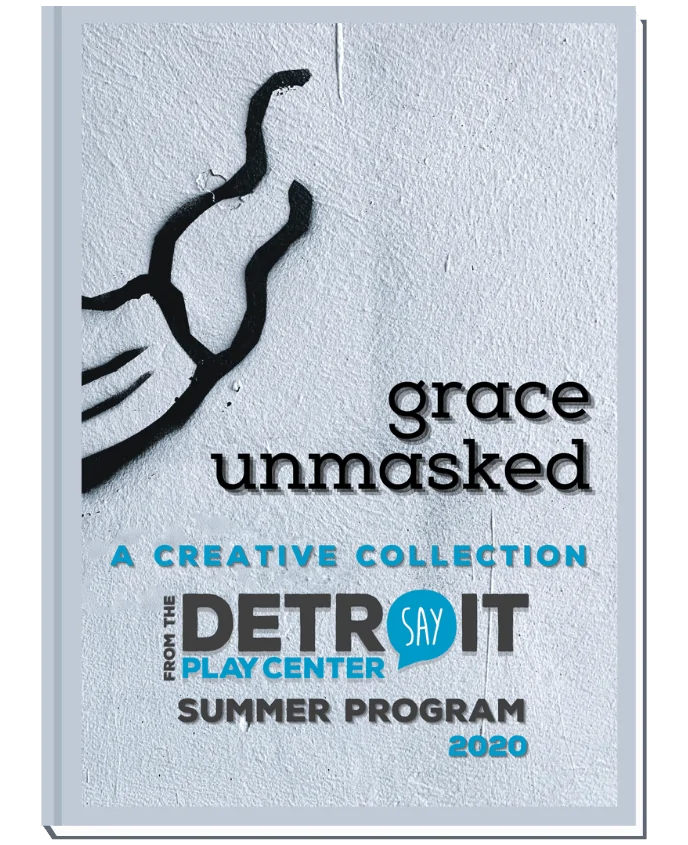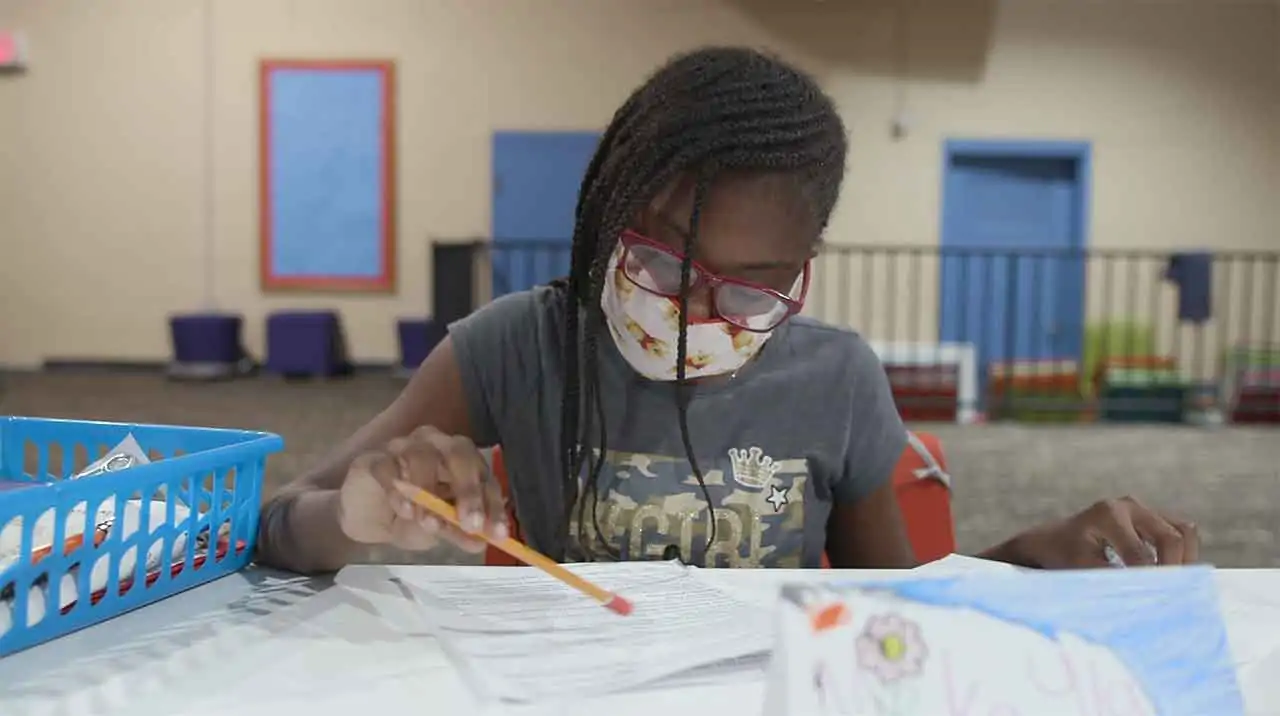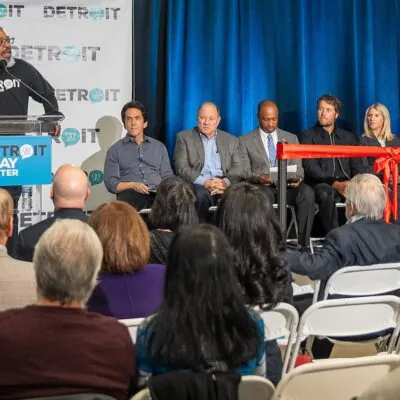By Dana Davidson, Co-Executive Director of SAY Play
In late May of 2020 the leadership of SAY Detroit Play Center decided to host a summer camp. This camp would open during the first global pandemic since 1918. It would open as the United States struggled to get a handle on a virus that most developed countries have found a way to face the truth of and navigate in ways that kept much of their populations safe and healthy. Why run a summer camp during such a challenging time? We did so for several important reasons:
- The students we serve, like all students in Michigan and most in America, have been out of school since the middle of March. This has created a significant loss of in-class instruction, social and emotional support and engagement, fun, normalcy, and food access for many. We wanted our program to provide all of this to students during an 8.5 hour day camp.
- In the communities we serve many of our students attend schools that are under-resourced, even before the pandemic, so staying educationally connected now is even more important.
- The federal government’s extremely poor handling of the pandemic has created a health crisis that may keep students out of school at the start of fall or force more online education in order for the community to remain safe and well.
- Many of the parents in our communities would greatly benefit from six weeks of free, safe, educational, and fun child care.
While the pandemic is taking a toll on our communities, Detroit, like many cities and states across our country has also been in the process of facing a social justice reckoning framed around the inequities and injustices that American racism has sown and nurtured against African Americans for more than 400 years. The death of George Floyd was but one of hundreds of thousands at the hands of this country’s racist systems and history. However, it was captured on video, and shown to a country trapped in their homes because of the pandemic. It was shown across the world again and again and again. This, among other things, spurred hundreds of thousands of protestors to take to the streets of this country and the world and demand systemic and institutional change. Our summer curricula gave our students a brief look at this country’s history of systemic racism and invited them to analyze what they learned and voice their thoughts.
Considering all these important elements our camp sought to meet 5 critical needs:
- academic engagement and enrichment
- social and emotional learning
- free meals
- an exploration of civics through an American and African American social justice lens, and
- lots of daily fun activities.
Want to know how it went? Read “Grace Unmasked.”

What follows is a small publication that reflects our six weeks together. The book features student, educator, and staff writings on the impact of COVID-19 on our students’ lives, their reactions to the social justice issues that have dominated public discourse, and the social and emotional growth they’ve experienced.





